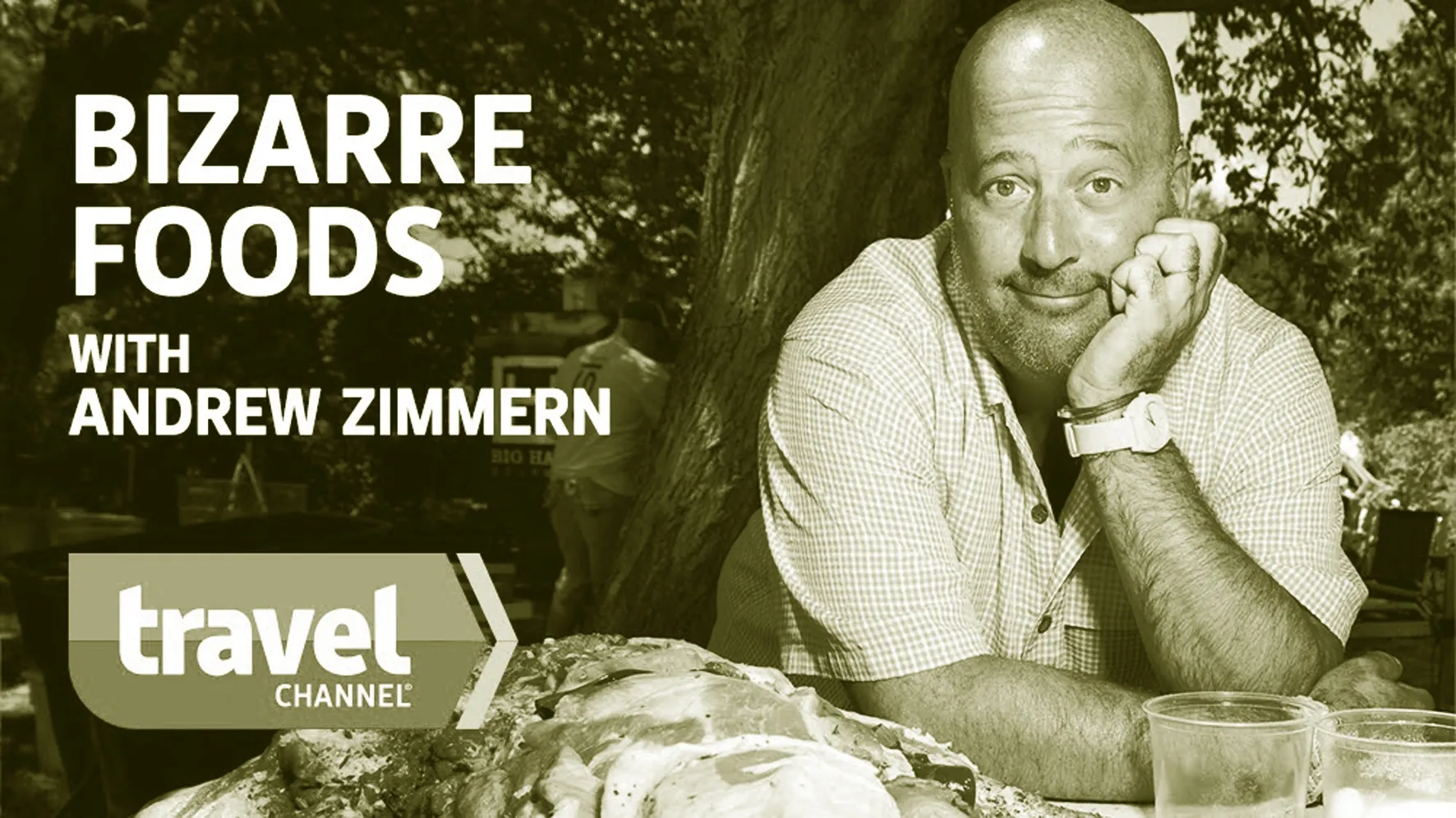What Makes a Nomad1 a Nomad?
Nomadic Matt
What makes a nomad a nomad? Or a backpacker2. backpacker: 背着背包徒步(或乘坐公共交通工具)旅行的人,背包族。a backpacker?
How do you de fine a budget3. budget: 经济的,特价的。traveler?
Am I a nomad because I move around a lot or did I give up the rights to call myself that when I got an apartment? Am I a luxury traveler because I stay in a hotels or a budget one because I use points4. point: (用作计分单位的)点,分,这里指积分。to stay in them for free?
I was faced with these questions last month when asked how it felt to no longer be a nomad. I responded by saying I didn’t feel any different nor did I think the label had any special meaning. Once a traveler, always a traveler!
There are a lot of names for people who travel the world—backpackers, nomads, vagabonds, tourists, explorers, travelers.5. vagabond: 流浪者(尤指闲逛的人);explorer: 探险者,勘察者。Labels are everywhere but seem especially prevalent among travelers seeking to differentiate their style of travel.6. 标签无处不在,在那些试图将自己的旅行方式与别人区分开来的旅行者中尤其盛行。prevalent: 盛行的,普遍的;differentiate: 区分,区别。For many travelers, these labels make them feel superior over another.
Andrew Zimmern fromBizarre Foodsonce said “Please be a traveler, not a tourist.7. Andrew Zimmern: 安德鲁·席莫,《古怪食物》节目主持人;Bizarre Foods: 《古怪食物》,一档旅游美食节目,主要以介绍世界各地令人作呕、特别且古怪的食物。Try new things, meet new people, and look beyond what’s right in front of you. Those are the keys to understanding this amazing world we live in.”
你是背包客还是观光客?怎样的人算背包客,怎样的人算观光客?背包客洋气,观光客俗气?背包客走进文化深处,观光客只会拍照傻乐?是谁给你贴上了这些标签,你又是从何时起形成了思维定式呢?其实,我们都只是行走世间的匆匆过客,本质上没什么不同,不是吗?

This quote is symbolic of the mindset that travelers are better at exploring the world than tourists.8. symbolic: 表示……的,代表性的;mindset: 思维定式,观念。They dig deep into the culture,drink it up, and get to know a place whereas a tourist takes pictures and claims to have “done Paris.”9. 他们深入探索并充分吸收当地文化,最终了解这个地方,而观光客不过拍些照片,然后宣称自己“去过巴黎”。
But that mindset is elitist travel crap.10. 但这些不过是精英主义论者关于旅游的一通胡扯。elitist: (贬)精英主义论的;crap: 废话,胡扯。
We are all tourists.
Out on the road, backpackers love to talk about how authentic11. authentic: 地道的,真正的。their travels are and how inauthentic tourists are. “Look at those tourists over there,” they say. They scoff at others who travel too quickly or to places they deem not off-the-beaten-path enough.12. scoff at: 嘲弄,嘲笑;deem: 认为,视作;off-the-beaten-path: (地方)人迹罕至的,偏远的。And they do so from hostels13. hostel: (为出门在外的人提供廉价食宿的)旅社,旅店。while eating hamburgers and drinking beers with other travelers. An irony often lost on14. lose on: 对……不起作用,不能引起……的注意。them.
The only way to really get to know a place deeply is to live there. If you want to live like a local, find an apartment, get a job,commute15. commute:(乘公交车辆)上下班。to work, and do the same things you did back home.
We are all merely passing through a culture, getting a small taste of it before moving on to the next place. Even if we stay weeks or months, we’re just grazing16. graze: 轻触,蹭。the surface. In reality, we are all really just tourists. Or travelers…or nomads. Call yourself whatever you want—it’s all the same.
Let’s take budget travel as an example. Who de fines what a budget traveler is? Though some places are more expensive than others, my average daily budget for travel is $50 per day. Sometimes I spend more, most of the time I spend less. However, to some that’s not cheap enough.

《古怪食物》主持人安德鲁·席莫
“You spent $50 a day in London? Well, I spent $30!”
“Ha, I only spent $5 dumpster diving and squatting in homes.”17. dumpster diving: 捡垃圾;squat: 蹲,蹲坐。
There is a one-upmanship18. one-upmanship: (使自己)胜人一筹的本领。on the road about who can be a cheaper traveler,especially among backpackers. Everyone is trying to race to the bottom19. race to the bottom: 向下竞争,逐底竞争。thinking it makes them a better traveler. But no matter how much you spend—or don’t spend—we’re all trying to do the same thing: see the world.
Don’t label anyone and don’t let anyone label you. Your trip is your own. Don’t let anyone make you feel bad about how you travel, where you go, or the direction you take—dumpster dive,take a cruise20. cruise: (尤指为娱乐而)乘船游览。, be a tourist, be a traveler, take tours.
We are all tourists. We are all travelers. What we are all doing is more important than what we call ourselves. Let’s stop labeling each other. Because it doesn’t matter.
There is a smug superiority among travelers when they use labels.21. smug: 沾沾自喜的,自满的;superiority: 傲慢,高傲。The words convey the hidden message: “I’m a better traveler than you are.”
Sure, you haven’t yet hiked Kilimanjaro, sailed in the Amazon,22. Kilimanjaro: 乞力马扎罗山,位于坦桑尼亚,为非洲最高山峰;Amazon: 亚马孙河,位于南美,是世界流量和流域最大的、第二长的河流。or traveled across Central Asia—but you might one day. Or you might not. It doesn’t matter. It’s your trip—go at your own pace, do your own thing.
I don’t care where or how you travel so long as you go, see something new, and expand your horizon23. horizon: 阅历的范围,眼界。. Sitting at a resort isn’t my cup of tea,24. resort: 度假地,游览胜地;cup of tea: 合心意的东西。but if you like it, you’re no more or less a traveler than I am. I call myself a nomad because I like the word (and how it combines with my name). But in the end, it’s a meaningless label.
The next time someone tries to de fine you, just tell them, “No travel labels, please. We’re all the same! Let’s just enjoy the fact that we are simply people on the road.”
No more, no less.

